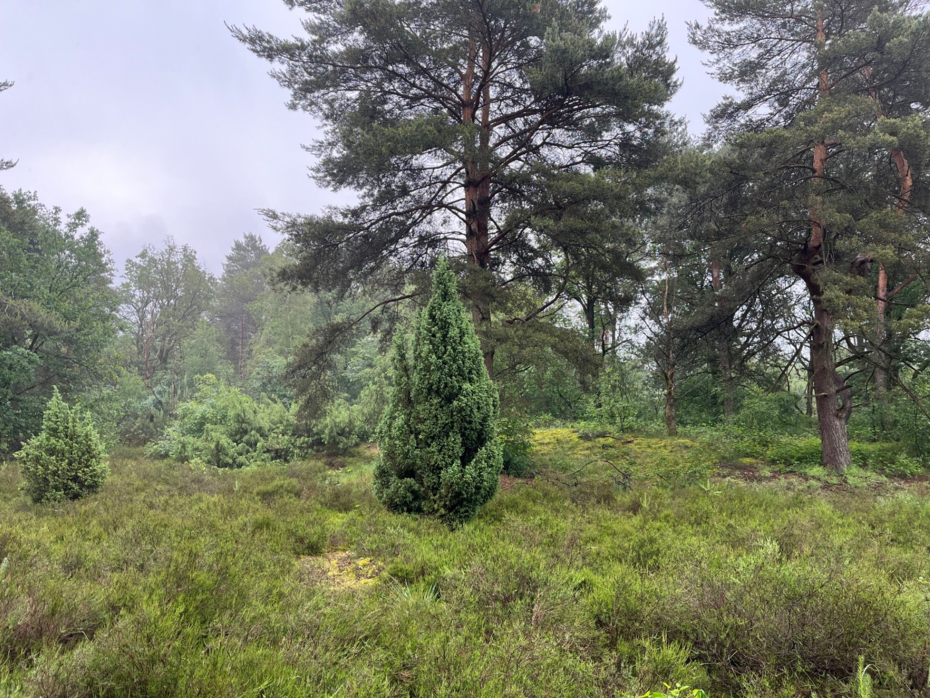The importance of integrated forest management

Integrative forest management can promote forest biodiversity. Photo Credit: Gesche Schifferdecker.
Forests across Europe are under mounting pressure from climate extremes, pests and rising demand for wood. This article highlights how integrated forest management can help maintain biodiversity and essential ecosystem services under these conditions. By combining multifunctional and segregative strategies, this approach promotes natural regeneration, species diversity and flexible protection measures.
Integrated forest management is a fundamental concept for the sustainable provision of demanded ecosystem services and the simultaneous promotion of biodiversity in our forests. Forests across Europe are under mounting pressure from climate extremes, pests and rising demand for wood. Despite growing understanding, many questions remain about how environment and societies will evolve. Forests must be prepared for uncertain futures. Forest management decisions can be made rapidly and implemented in weeks, but their effects emerge over decades. The selection of suitable management strategies, therefore, requires careful consideration and solid, broad-based interdisciplinary research, which only Horizon Europe can currently offer. This must be coupled with effective platforms that foster dialogue and mutual learning between experts from science, practice, administration, and policy. The European Integrate Network and the TRANSFORMIT projects are laying the groundwork for shaping the future of sustainable forest management. Their goal is to secure timber and ecosystem services for humanity while promoting and protecting biodiversity. Being part of these efforts is both inspiring and rewarding – a unique opportunity to help shape the future of forests in a rapidly changing world.
- Implementation
- Integrative Forest Management
- Landowners & Practitioners
- Planners & Implementers

